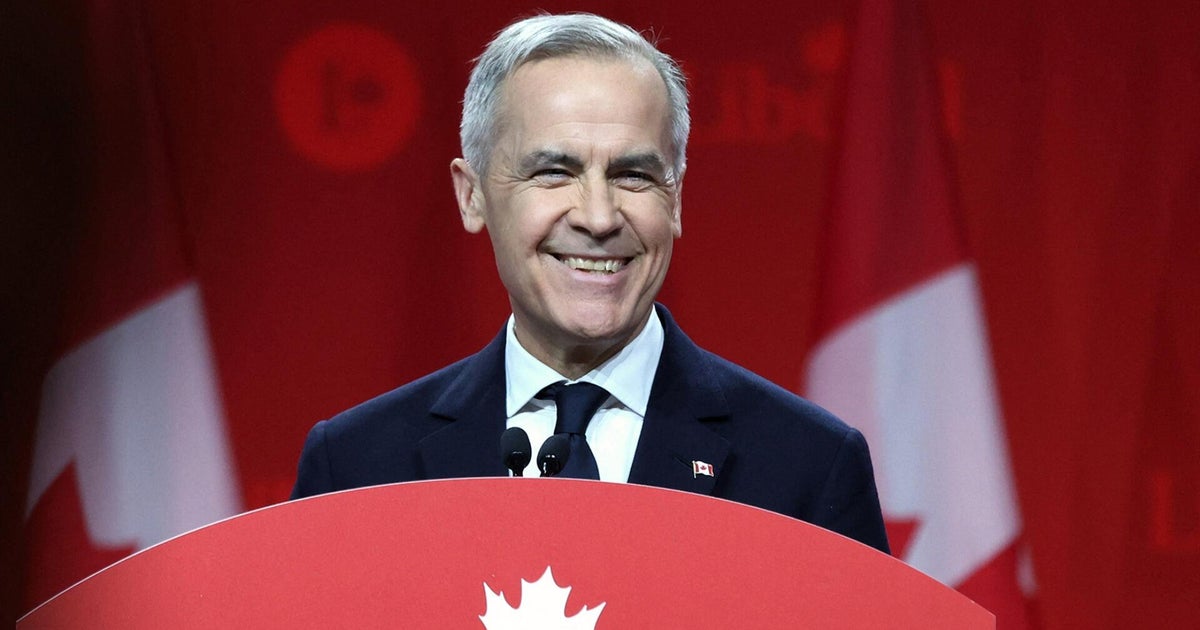Former U.S. President and Republican presidential candidate Donald Trump looks on during his campaign event, in Racine, Wisconsin, U.S. June 18, 2024.
Brendan Mcdermid | Reuters
On a cool, sunny June evening in San Francisco, the Pacific Heights mansion of venture capitalist David Sacks was the scene of an event that is rare to see here, in one of America’s most progressive cities: A high-dollar, Republican political fundraiser.
The guest of honor on this night was former President Donald Trump, who delivered formal remarks from a curtained stage to guests who had paid up to $300,000 to be there.
Trump promised to loosen the regulation of cryptocurrencies if he is elected president in November, and to “get out of the way of innovation,” a person who was in the room told CNBC. When he was finished, Trump invited the audience members to pipe up.
Stuart Alderoty, chief legal officer of the blockchain giant Ripple, explained that the company had spent over $100 million defending itself in litigation brought by the Securities and Exchange Commission.
Alderoty’s comment was meant as a example of how the SEC’s regulatory actions under chairman Gary Gensler had impacted his company and the industry at large, according to a guest and another person familiar with the situation, who were granted anonymity to describe a private meeting.
As Alderoty spoke, another crypto executive whose company is also fighting the SEC was in the audience: Paul Grewal, the chief legal officer of Coinbase.
In 2020, before Biden took office, the SEC accused Ripple and its founders of violating securities laws by acting as unregistered brokers of digital currency tokens, which the SEC regulates as securities. In 2023, the SEC filed a similar complaint against Coinbase, the largest U.S. crypto exchange platform.
Both cases are ongoing, and both firms have denied they broke securities laws. Alderoty’s comments at the Trump fundraiser have not been previously reported, but he has made similar remarks elsewhere.
This frustration with Gensler’s regulatory agenda has taken on a political tenor this year, as crypto investors seek to exert more influence in Washington, starting with the 2024 election cycle.
Trump has seized on this frustration in recent months, recasting himself from a crypto skeptic into a crypto supporter. Early signs show that shift is winning Trump support in the small but loud crypto community.
Some in the crypto industry who are siding with Trump are going farther than just complaining about Gensler. Instead, they’re trying to shape the agency in a potential future Trump administration — starting at the top.
In recent weeks, crypto investors have raised several names of potential nominees for SEC commissioner, in the event that Trump is elected to a second term, according to three people who have knowledge of the conversations.
These include two former chairs of the Commodity Futures Trading Commission during the Trump administration: J. Christopher Giancarlo and Heath Tarbert.
Christopher Giancarlo, former chairman of the US Commodity Futures Trading Commission (CFTC), during a House Agriculture Committee hearing in Washington, DC, US, on Tuesday, June 6, 2023.
Ting Shen | Bloomberg | Getty Images
Another name that has come up is Dan Gallagher, who served as an SEC commissioner during Barack Obama’s two terms as president and now works as chief legal officer at the investment platform Robinhood.
Gallagher said that he’s honored to be floated as a possible SEC chair in a Trump administration.
“I’ve had the privilege to serve in various roles at the SEC, including as a commissioner,” he said in a statement to CNBC.
“I care deeply about the agency, and my hope for any new SEC Chairman would be that they foster access to the markets, and ensure the U.S. remains at the forefront of financial innovation.”
In this June 14, 2011 photo, Daniel Gallagher, nominee for Commissioner of the Securities and Exchange Commission, listens during a Senate Banking Committee hearing on Capitol Hill in Washington.
Andrew Harrer | Bloomberg | Getty Images
The fourth name that has been raised with people close to Trump is that of Paul Atkins, according to three people who have knowledge of the conversations.
As SEC commissioner under former President George W. Bush, Atkins opposed the agency’s policy of imposing massive fines on companies that violate securities laws. He later played an influential role on Trump’s transition team in 2016, where he helped shape Trump’s laissez-faire approach to financial regulation.
“It’s a mess right now over there,” Atkins said of the SEC in an interview with CNBC. “I think a lot of works needs to be done. There needs to be a change of course.”
Atkins had not heard from Trump or his team on a potential role at the agency, he said. Asked whether he would accept an SEC job if Trump wins, he replied “Who knows?”
If Trump is elected, the SEC and crypto policy overall would be shaped by more than just who chairs the commission.
At least 16 former Trump administration officials now lobby for the crypto industry, according to data from OpenSecrets.
If there was an incoming Trump administration, they would likely be top applicants for key positions at SEC, the Commodity Futures Trading Commission and Federal Trade Commission which could exert influence over crypto regulations.
Biden allies raise alarms
While the crypto industry can lobby Trump and his allies to prepare for a potential overhaul of the SEC, Democratic crypto investors have to be more careful about how they approach those in power.
Gensler was one of Biden’s earliest nominees in 2021, and his approach to crypto has helped to set the tone for broader administration policy, despite the SEC’s independence from the White House.
Over the past three years, Gensler has not softened his critique of digital currencies. If anything, it’s tougher than ever.
“This is a field where the leading lights from a couple of years ago are either in jail, about to go to jail, or awaiting extradition,” Gensler said of crypto in a recent Bloomberg interview.
The perception that Biden is anti-crypto and Trump is pro-crypto has some Biden allies concerned enough to take their case directly to senior White House officials, according to people familiar with the matter.
Venture capitalist John Doerr hosted a meeting at his home in Woodside, Calif. on June 14 for White House chief of staff Jeff Zients.
There were more than a dozen crypto enthusiasts there to talk to Zients, according to a person with direct knowledge of the gathering. Tech investor Ron Conway called in to the meeting.
Some of the guests spoke to Zients about Trump’s growing appeal to crypto holders. They laid blame for this uptick in support partly on Gensler’s public remarks and policies on crypto, this person explained.
The group argued to Zients that Gensler should not be the only public face of the Biden administration’s crypto policy, since his remarks could lead to crypto holders to back Trump instead of Biden.
A spokesperson for the SEC did not reply to a request for comment from CNBC.
John Doerr, a senior partner with Kleiner Perkins Caufield & Byers, speaks during the TechCrunch Disrupt SF 2015 conference in San Francisco, California, on Tuesday, Sept. 22, 2015.
David Paul Morris | Bloomberg | Getty Images
Doerr and Conway have been supporters of Democrats, including Biden, for over a decade. Doerr hosted a a fundraiser for Biden in February. Conway has given $600,000 to pro-Biden political action committee Future Forward, according to Federal Election Commission records.
Both Doerr and Conway also have investments in crypto. Conway’s venture capital firm SV Angel lists Coinbase as part of its portfolio. Doerr’s firm Kleiner Perkins have been investors into crypto businesses for years, including recently being part of a $2 million seed round in support of cryptocurrency data analytics startup, Skew.
A White House spokeswoman defended the president’s handling of crypto and said administration officials meet with a variety of stakeholders linked to the industry.
“President Biden initiated the first ever comprehensive approach to supporting innovation in digital assets while protecting consumers and investors from the risks associated with new technologies,” said Robyn Patterson, a White House spokeswoman.
The White House did not address the warnings they’ve received about their treatment of the crypto industry or respond to follow up requests for comment about Zients’ meeting at Doerr’s home.
Conway and Doerr did not return requests for comment.




















Discussion about this post